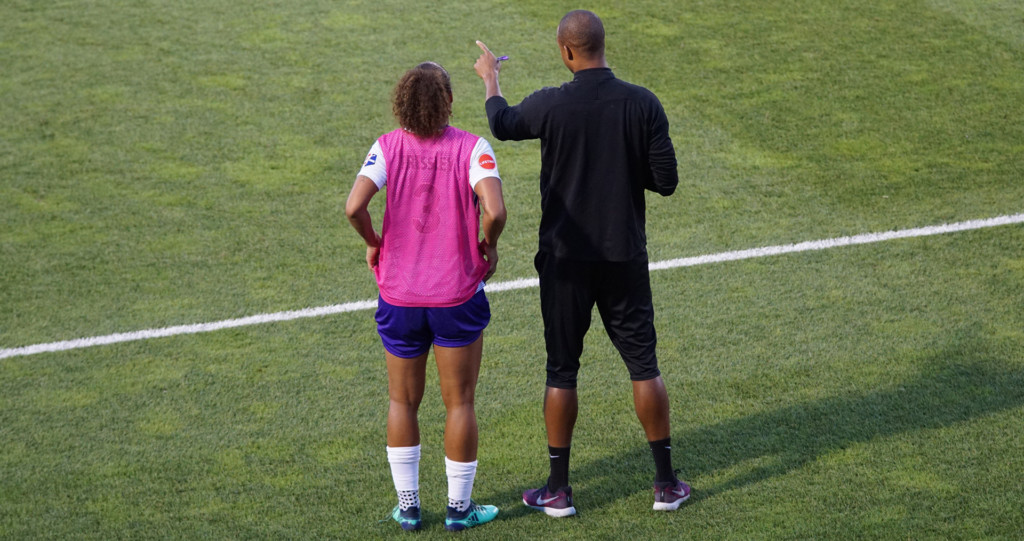Executive coaching is like therapy for your career.
I used to think executive coaching was only for senior leaders in big companies. And as a freelancer, I didn’t see myself as someone who would benefit from executive-oriented support. But when I found myself knotted up in a difficult career dilemma, I decided to hire a coach to help me untangle it.
It was one of the best business decisions ever. Not only did he help me sort out the specific issue, he picked up on my “stuck” points and got me thinking about ways to break them apart. With non-judgemental questions and suggestions, he helped me think about more effective ways of working.
Objective feedback can help you be more effective.
If you’re a senior leader in a big organization, it’s unlikely you’ll confide your work or career challenges to a peer, and you definitely shouldn’t tell a junior. You don’t want to advertise your vulnerabilities because you don’t want people to lose confidence in you, and worse, a colleague may be secretly after your job. So you try to figure things out on your own, but it’s almost impossible to be objective about yourself, so you waffle or go in circles on some decisions.
You could say that I’m a senior executive – I’ve been leading my own business for, um, 25 years. The difference is that most of my leadership is about guiding clients, not managing staff. But an independent consultant like me can still build a stronger, more profitable business with feedback from a coach who’s on my side but willing to call me on my weak spots.
Breaking out of patterns
My first coaching conversation went like this:
Me: “Blah blah, problem, frustration, attempted solutions, blah blah.”
Coach: “I hear you saying ‘blah blah’ a lot.”
Me: “Oh! Do I do that?!”
Coach: “Your client’s perspective might be _____. What if you tried expressing it to them as ‘yatta yatta’?”
Me, two weeks later: “The client really got it when I said ‘yatta yatta’, and we’re moving ahead with the project!”
Okay, that’s not precisely how the coaching conversation went – the problem and our discussions were way more involved, and I’m pretty sure neither of us said “blah blah” or “yatta yatta”. But the coach saw patterns that were getting in my way and helped me break the logjam. He also recommended readings and ideas to help me take the process further.
Just like sports, good coaching ups your game.
Coaching is “therapy” in the sense that you examine behaviours and attitudes holding you back in your career and discover paths you could use to move forward. But it’s not the same as talking to a psychologist or other person who is trained to delve into deeper personal challenges. There can be overlap in aspects, but the focus of executive coaching is on developing your management and leadership skills – just like your kid’s soccer coach who helps her strengthen her ability to get the ball in the net.
Executive coaches aren’t one-size-fits-all. Some have a relaxed style, while others are more button-down. A background in a specific industry could make a coach more or less relatable for you. There are also different certifying organizations, so it’s a good idea to check out their backgrounds and qualifications carefully.
As for me, my “game” will go on for many years, and the playing field will keep changing. Having a coach who understands organizational behaviour, business trends and my industry is a huge boost, and I’m really glad I made that first call.
Here’s a good overview of executive coaching from Forbes Magazine. It’s C-suite-oriented, but whether you’re a freelancer like me or trying to work your way up a tall corporate ladder, you’re still in charge of your career. That means you’re already a CEO and CFO, and one way or another, probably every other “C” in your suite, too.
By the way, my coach is Jeff Plotnikoff. Wonderful guy who will call you on your sh*t. 😊
Heather Finley is a marketing copy writer who loves that there is always more to learn.


